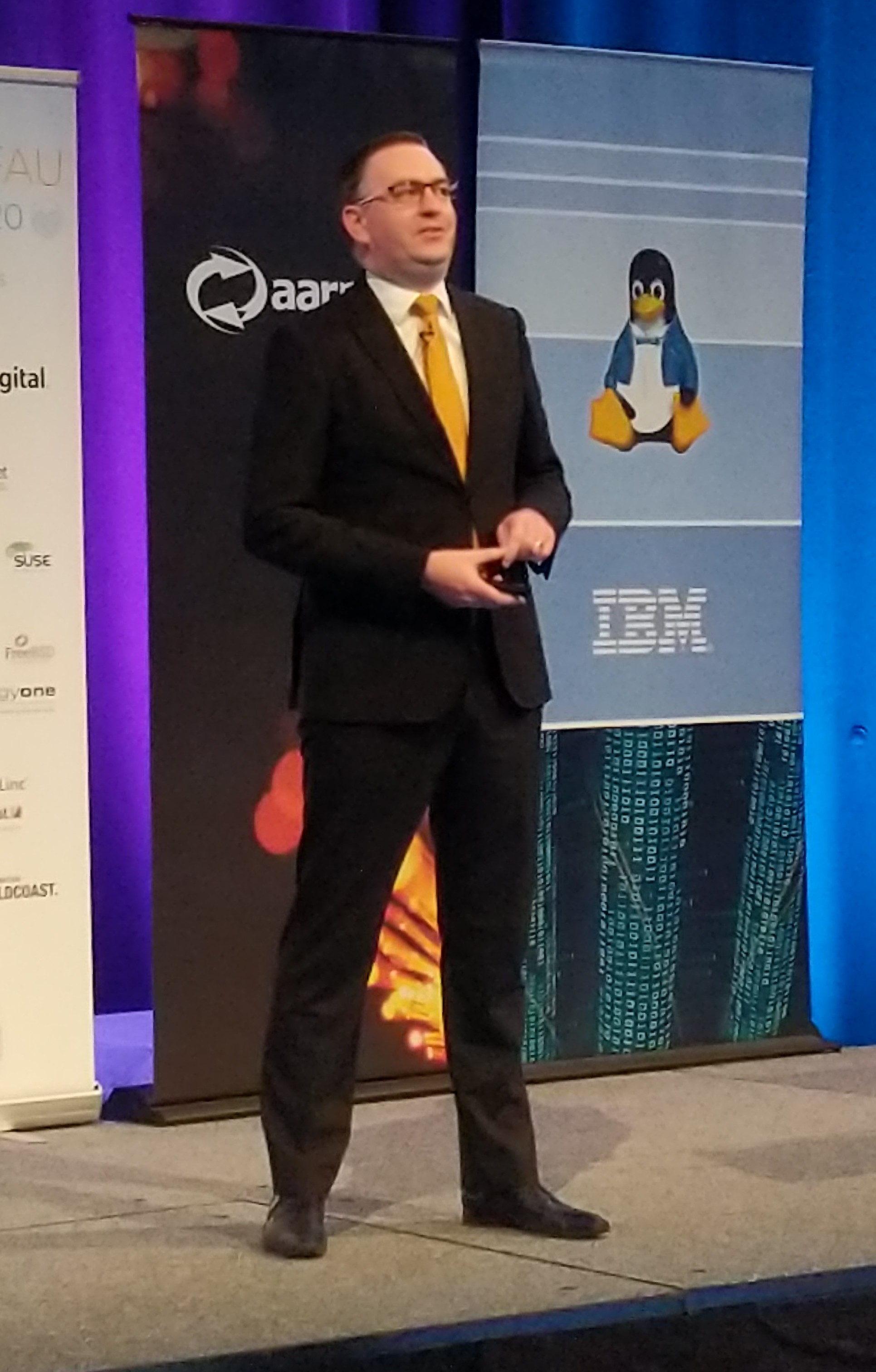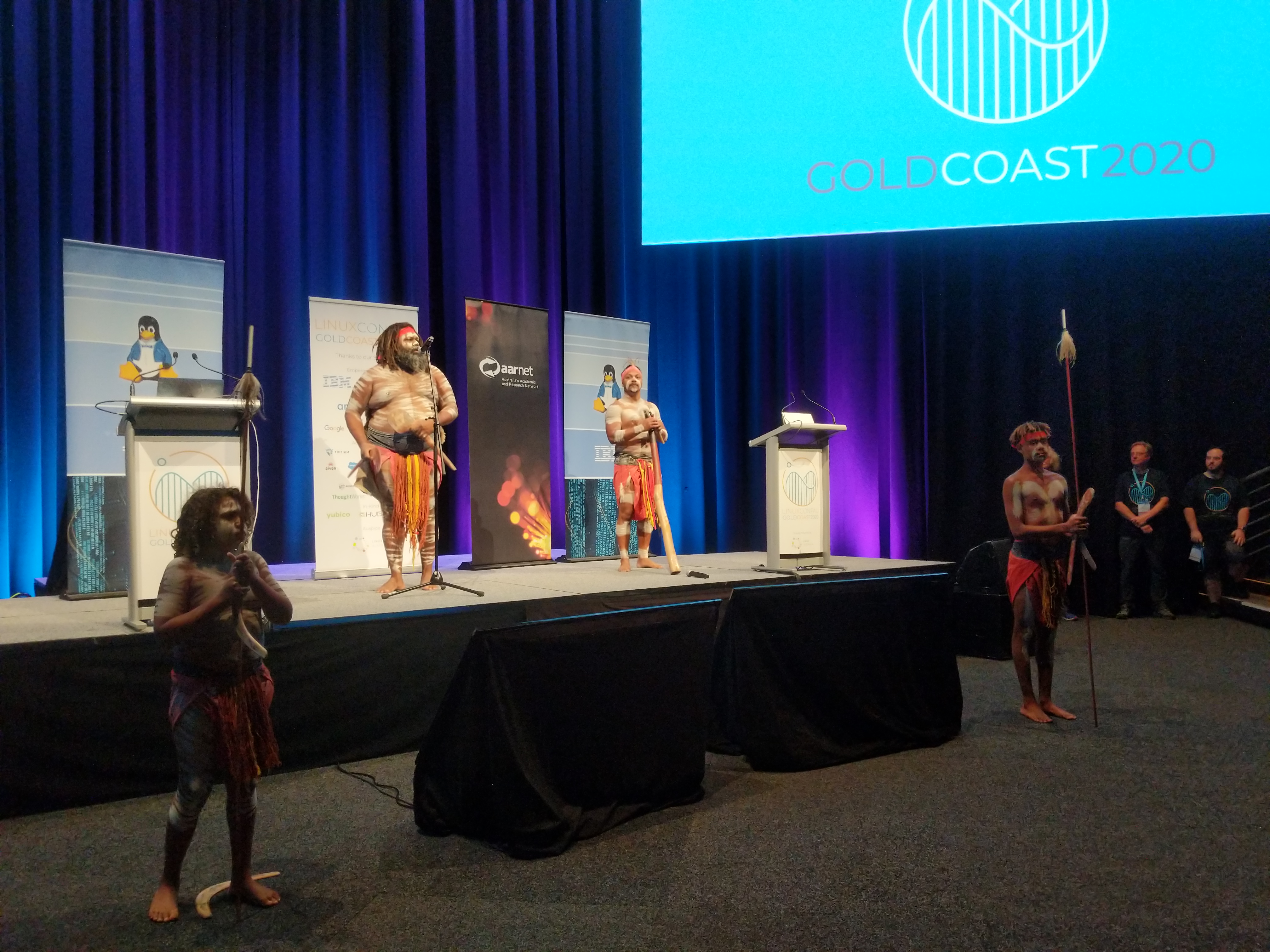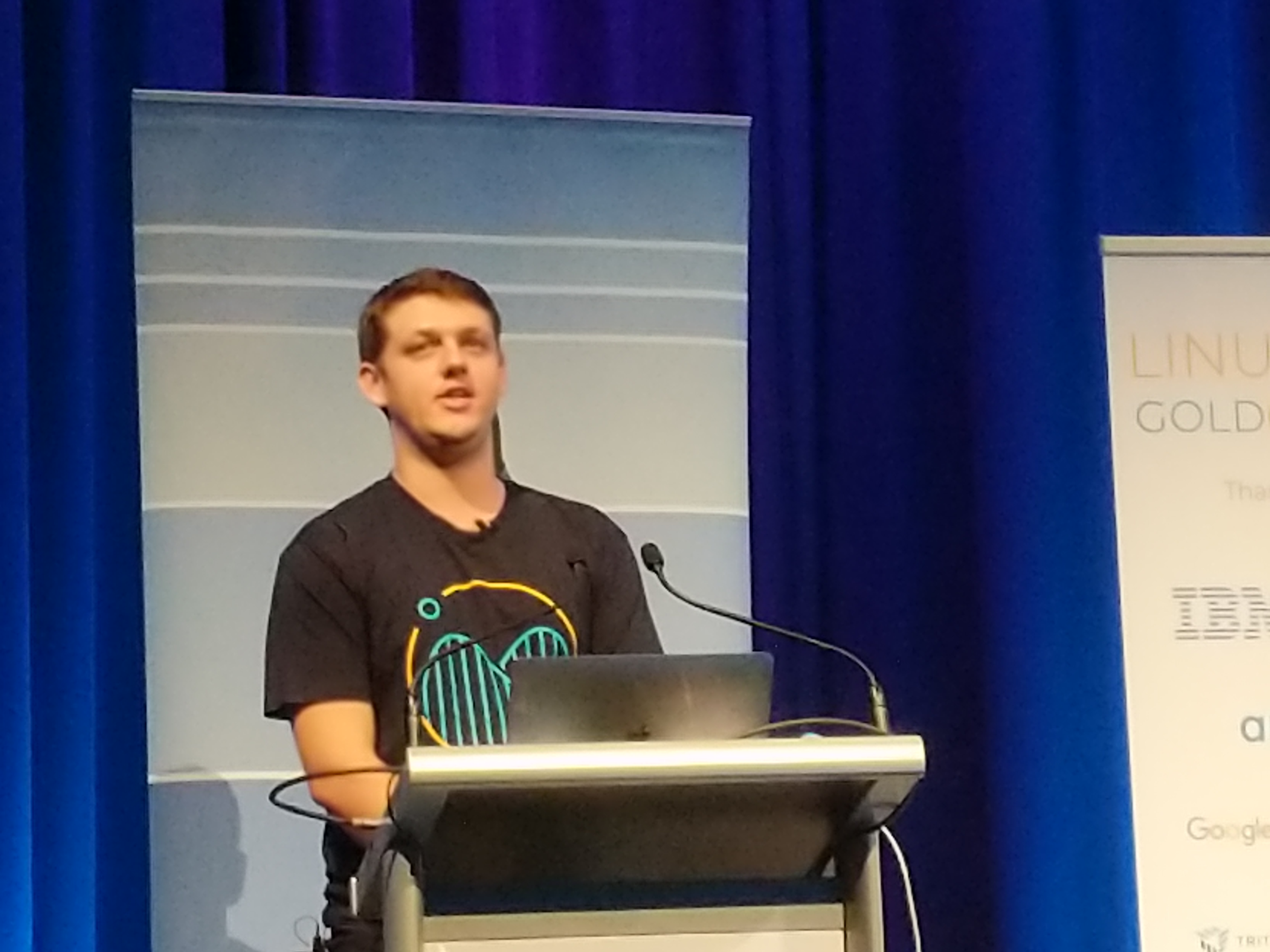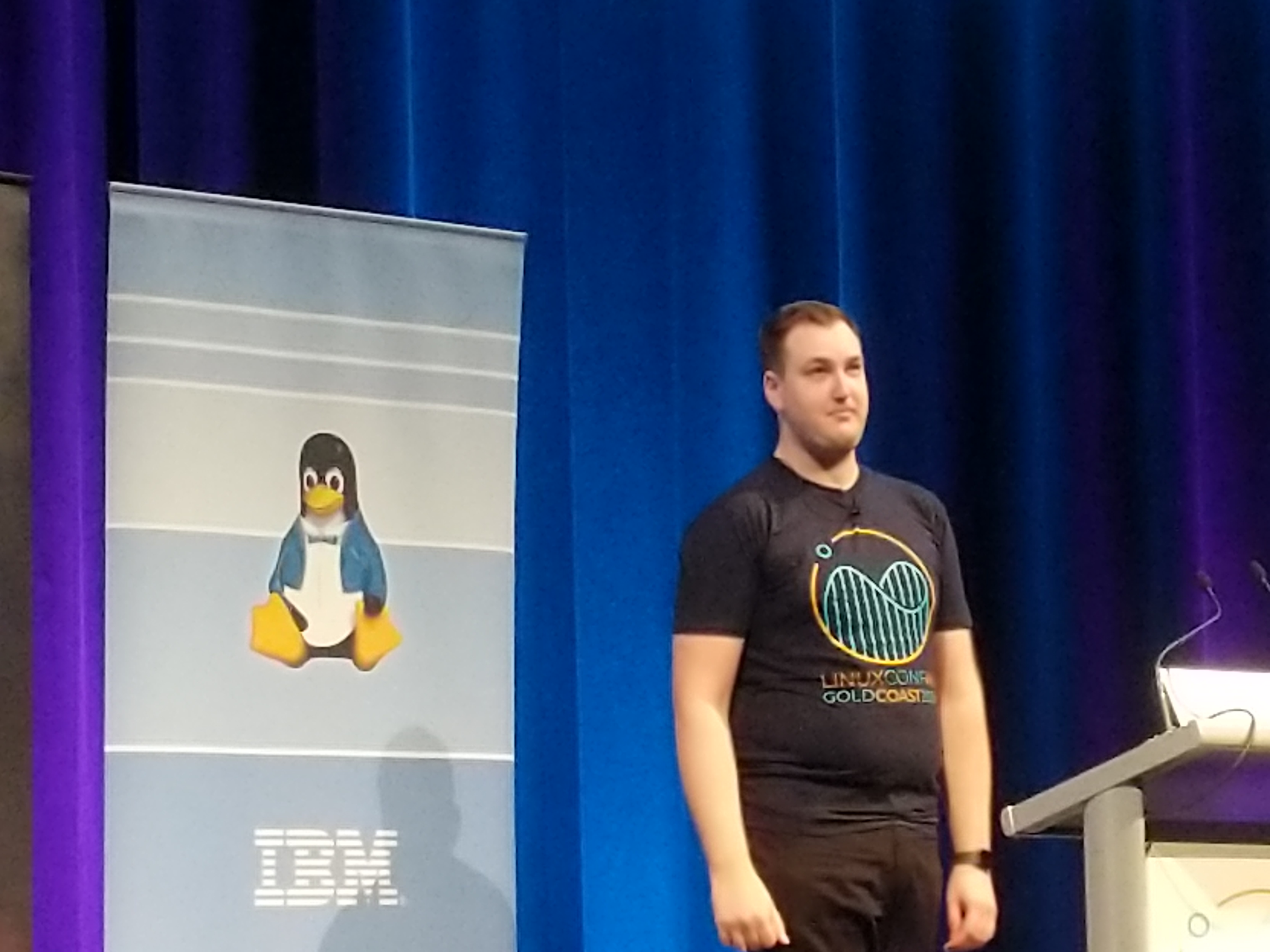Keynote: Drop Your Tools – Does Expertise have a Dark Side? by Dr Sean Brady
Harford Convention Center
Engineers ignored warnings of problems, kept saying calculations were good. Structure collasped under light snow load
People are involved with engineering, therefore it is a people problem
What it possessing expertise has a dark side? Danger isn’t ignnorance it is the illusion of knowledge.
Why did the firefighters not drop their tools?
Why did they not get in the Escape Fire?
Priming – You get information that primes you to think a certain way.
What if Expertise priming somebody?
– Baseball experts primed to go down the wrong path, couldn’t even stop when explicitly told about the trick.
Firefighters explicitly trained that they are faster runners with tools.
Creative Desperation – Mentally drop your existing tools.



